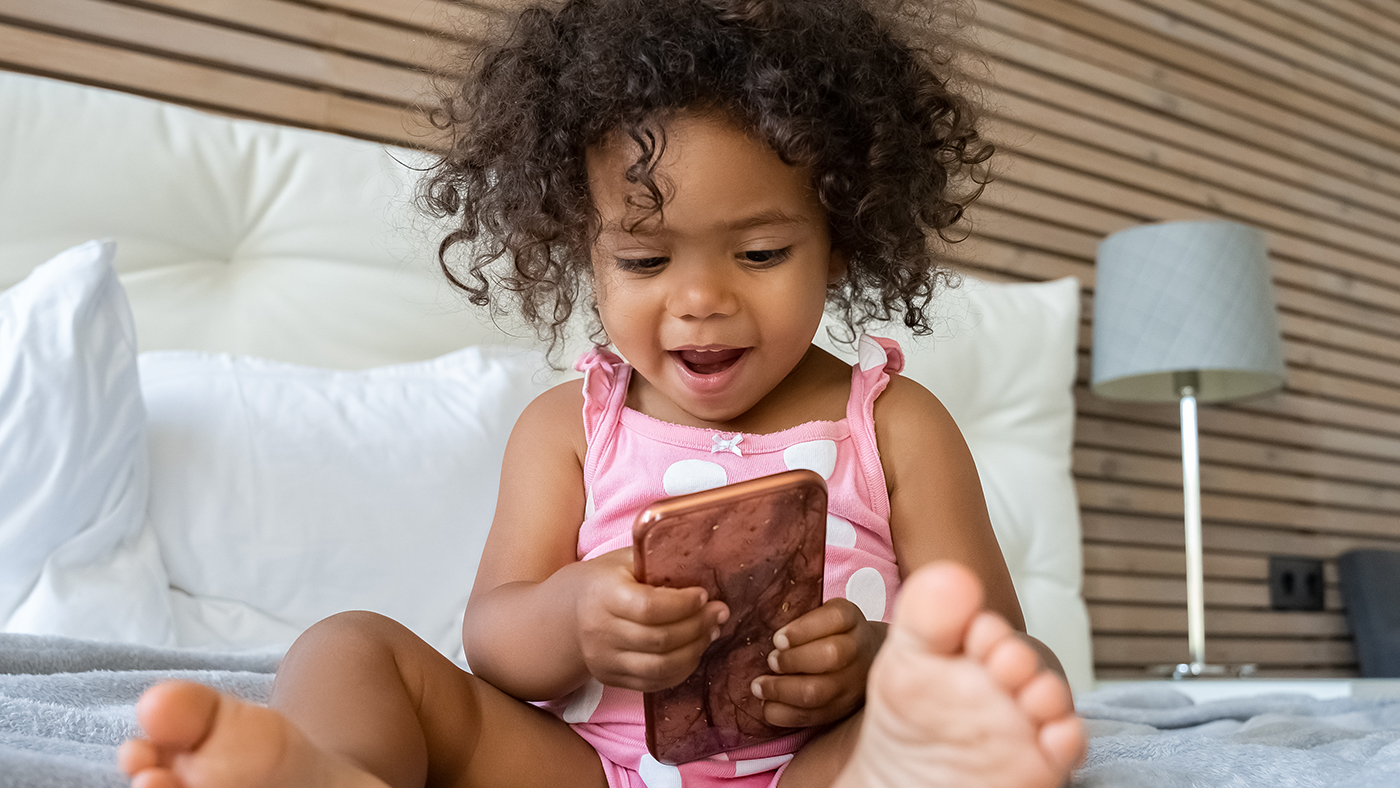Identifies objects by their function, for example if you say, "What do we sit on?" answers, "Chair."

Your child has been listening to language in many different formats, such as conversations, stories, tv programs and songs. They have come a long way since their development of language began; from listening to language, attaching meaning to language, saying first words to speaking using words and sentences. [7] They are starting to overcome their overextension of words (using one word to group a wide variety of objects) and are able to group objects in categories that make more sense.
It is around now that your child has made associations between objects and their use. You may notice that they can locate a brush when asked or a phone. They will most likely be able to show you or tell you how to use them. Playing games, social interactions, exploring and engaging in imaginative play have all supported your child in learning the names of objects and their function.
Your child can now connect the verbs they have heard to actions and objects. They are gaining a better knowledge of language and the relationship between the item and its use. Your child can now identify items by their function after hearing repeated sentences that support the verb's meaning in relation to the object. It is thought that your child is becoming more aware of their knowledge and is able to apply what they've learned to new objects and situations. [2] When a verb is linked to a noun the detail is much greater. When children understand the details in verbs their linguistic skills become much better.
When children are able to link function to an object, they are stepping further along their journey of forming sentences and developing their grammar. It gives them more skills in their language toolkit and gives them more of an opportunity to describe the things they see, hear or feel. This stage of development helps them to be able to think more fluently and are able to answer questions based on what they already know. [2]
What next?
Your child’s understanding of hearing and using language that helps them to classify objects will be used to support them when talking about experiences. They will extend their vocabulary to be able to talk about what they have done at home, or if they have been to visit someone. This language will be simple to begin with and will steadily grow as they understand how to recall more words.
References:
[7]Early Language Development Bridging brain and behaviour (Trends in Language Acquisition Research) by Angela D. Friederici, Guillaume Thierry (z-lib.org).pdf